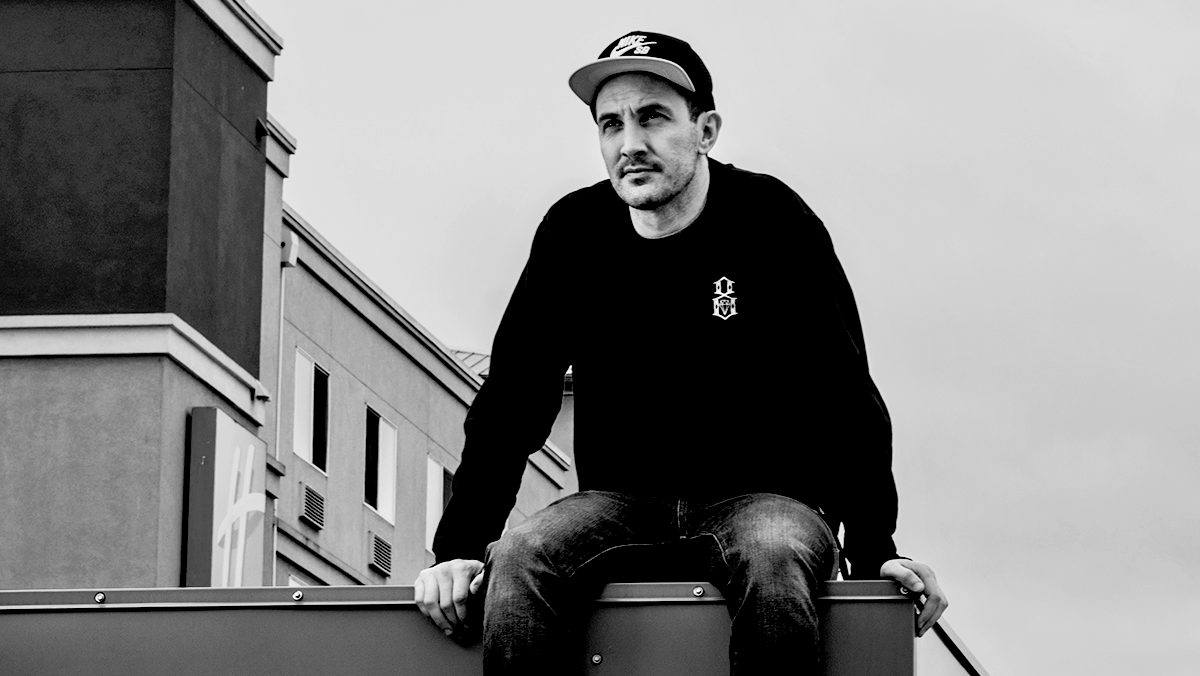
“If I leaned into ‘new thing bad, old thing good’, I’d have a much bigger channel.”
In our first episode of Insights with Outsiders, a video interview series dedicated to hearing from your less-than-usual (read: less-than-obvious) branding thought leaders, we spoke about shifting brand narratives and building content communities with The Punk Rock MBA founder, Finn McKenty.
Finn has reached well over 9 million people globally with Youtube channel. With a background in brand, design, and punk rock, the channel was originally intended to serve alternative audiences with business, branding, and career insight. Now with over 500,000 subscribers, 80,000 Instagram followers, and a host of other impressive metrics, Finn has created a brand, leveraging his marketing and branding experience with DIY ethos that’s not just a content platform, it’s a content community.
In our conversation, Finn tells us about:
- His original vision for The Punk Rock MBA, and why his brand strategy shifted.
- What working for Procter & Gamble, Abercrombie & Fitch, and others taught him about evolving a brand.
- The importance of evolving with your audience incrementally.
- Why nostalgia and the fear of anything new might be good for engaging audiences, but isn’t good for you.
- The one question every brand needs to ask themselves “who cares?”
Finn on Procter & Gamble’s approach to customer testing
“What Procter and Gamble is incredibly good at is ask people what they want, but learn how to go several layers deeper and understand what they’re really saying. Because what people say they want is oftentimes different than what they actually want as revealed by their actions. And the people who are the best at this are able to parse out what you really want, what you’re telling me. You said X, but we have developed a process or we’re just innately good at understanding that what you meant when you said that is Y.”
On strategic work
“There is one very simple question that all of us should ask ourselves at all times with everything we are doing, whether that is about managing our own careers or doing client work, or if you are on the client side when you’re thinking about the strategy work that you’re doing or branding, any of these things, the question you always have to ask yourself, and be brutally honest about it is ‘who gives a shit?’ You made this 75-page PDF, who gives a shit? I’m not saying that work is useless, but what I’m saying is if it stays a 75-page PDF that somebody paid a bunch of money for and only the five people who worked on that project ever really understand deeply and the rest of the people just skim it and that’s all it is, that’s a failure because nobody will ever give a shit about that work.”
On listening to your audience
“If it’s ‘I’ and driven by me and by what I want, that’s going to be a tough pitch because at the end of the day I don’t get to decide what’s meaningful in this world. I might get lucky and maybe it so happens that what’s important to me is also important to hundreds of other people all over the world, but it might not be. And I don’t get to decide it and you don’t get to decide it. The people get to decide. And that’s the part where I think a lot of people maybe go wrong. It’s ultimately a self-centered, selfish point of view. If it’s not important to everyone else, then you’ve got to recognize that and make some adjustments.”
On his own brand strategy
“The problem that I wanted to solve with my content was, for people who have the mindset, I wanted to give them the skillset. And I didn’t realize this at the time (and this is an example of a branding strategy framework that actually is meaningful), are you trying to give people the skillset, the mindset, or both? That’s a very important strategic decision that has huge consequences. In hindsight, that’s what I was trying to do. And the strategic mistake was trying to give people the skillset when what they really need is the mindset.”
“We don’t get to decide what people think is meaningful. They decide.”
Want to hear more from Finn? Watch the full interview and let us know your thoughts in the comments.